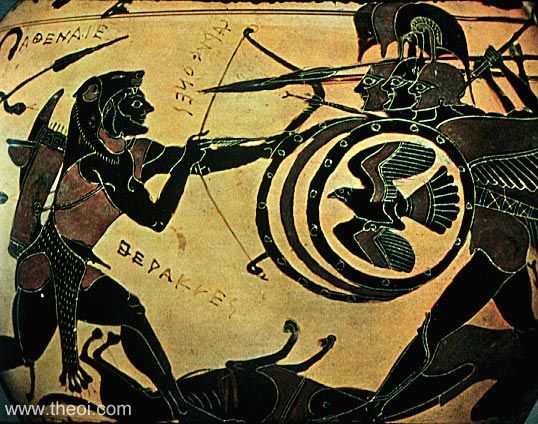Thorgalaeg
Deity
Here it is officially "oriente próximo" for Egypt, Turkey, Syria, Jordan, Lebanon, Israel, Arabia, Iraq and Iran; "oriente medio" or "Asia del Sur" for Pakistan, Afghanistan and India and "lejano oriente" or "extremo oriente" for eastern Russia, China, Japan and all southeast Asia.
Lately "oriente medio" is gaining terrain to "oriente próximo", maybe due to murica pernicious influence, so "oriente próximo" is used mostly for Lebanon, Egypt, Turkey and Israel, in other words, the eastern Mediterranean coast, everything eastwards of that is included into "oriente medio".
Lately "oriente medio" is gaining terrain to "oriente próximo", maybe due to murica pernicious influence, so "oriente próximo" is used mostly for Lebanon, Egypt, Turkey and Israel, in other words, the eastern Mediterranean coast, everything eastwards of that is included into "oriente medio".
Last edited:

 He was a three-headed hoplite, living on some island west of Spain, in the Atlantic. Herakles opened up the med to the Atlantic as part of his quest to kill Geryon and take some of his stuff.
He was a three-headed hoplite, living on some island west of Spain, in the Atlantic. Herakles opened up the med to the Atlantic as part of his quest to kill Geryon and take some of his stuff.
 )
) ) new tv series about Rome conquering Britain. Very historically accurate, with four noble queens resisting the occupation, orc-uniforms for romans, some drop-out cockney gangster as roman general, a black legionary (
) new tv series about Rome conquering Britain. Very historically accurate, with four noble queens resisting the occupation, orc-uniforms for romans, some drop-out cockney gangster as roman general, a black legionary ( 